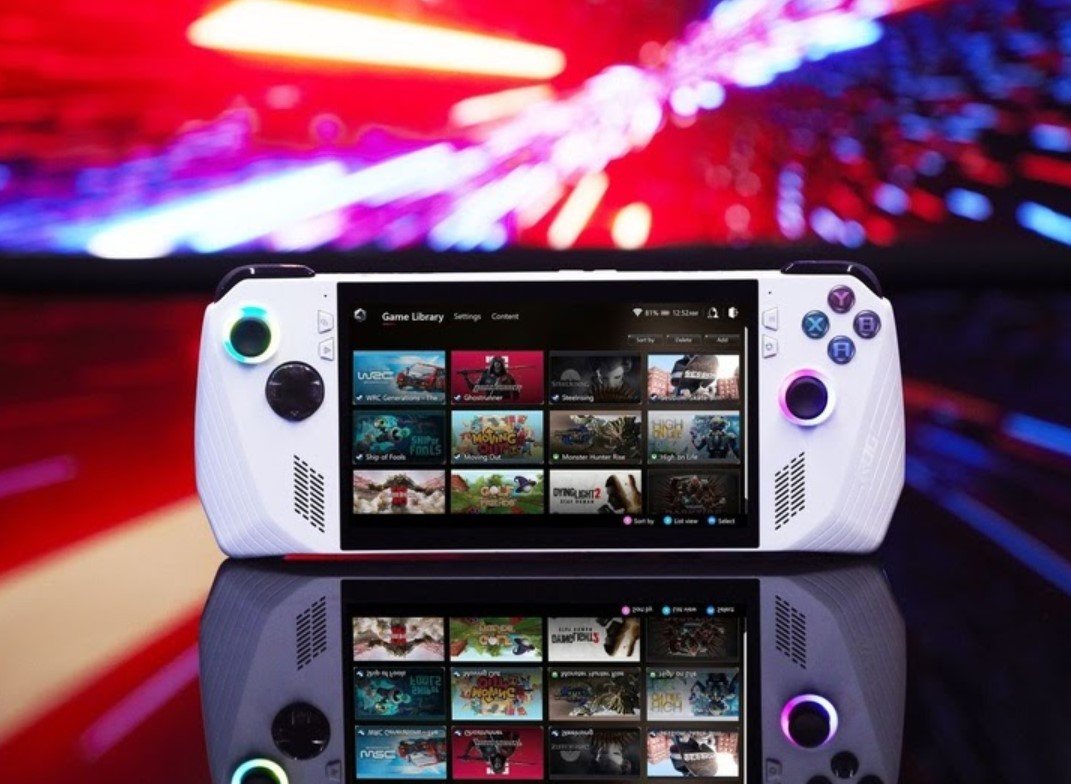The woman who helped launch Xbox into the gaming world has now declared its traditional console future over. Laura Fryer, one of the original creators of the Xbox platform, says the Xbox we once knew is “dead.”
This comes as Microsoft aggressively pivots away from traditional consoles, striking deals with tech giants like Asus and Meta, and putting more focus on services like Game Pass. It’s a far cry from the box-under-your-TV days of the early 2000s.
From a Console Titan to a Platform Provider
Laura Fryer, who worked as a producer during the original Xbox’s development, didn’t hold back in a newly released video. Her words cut through like a knife: Xbox, in its classic form, is done.
She specifically called out Microsoft’s collaboration with Asus on the ROG Xbox Ally, a handheld device designed to run Xbox games via Game Pass. To Fryer, it’s a sign of surrender.
“There is literally no reason to buy this handheld,” she said bluntly. “I’m not pleased with where things are today.”
Fryer’s criticism isn’t just about the Ally or handhelds—it’s about what she sees as a slow, quiet retreat from Xbox hardware entirely. She added, “From my perspective, it looks like Xbox has no desire — or literally can’t — ship hardware anymore.”
And then the gut punch: “Personally, I think Xbox hardware is dead.”

Xbox Is Everywhere—Except In the Living Room
Microsoft’s strategy clearly doesn’t resemble the Xbox of 2001.
Xbox is now less about a box and more about an ecosystem. You can play Xbox games on your PC. On your phone. On a Samsung smart TV. Even in VR headsets now, thanks to recent partnerships.
This isn’t by accident. Phil Spencer, Microsoft’s head of gaming, has long hinted that the future isn’t tied to a console. Instead, it’s about bringing Xbox experiences to as many screens as possible.
That’s why collaborations like:
-
The ROG Ally (Asus)
-
Game Pass on Samsung TVs
-
Meta Quest support
…are no longer one-offs—they’re the strategy. Xbox is shifting from “where you play” to “what you play.”
Fans Feel Left Behind
Not everyone’s thrilled with this direction, and Fryer isn’t the only one expressing disappointment.
Fans online have been vocal, especially about Xbox’s confusing naming conventions and lack of standout exclusives. Many point to the Xbox One as the moment things started to slip.
“I’ll die on the hill that the Xbox consoles would’ve done appreciably better if Microsoft hadn’t insisted on giving them such confusing names,” one longtime fan wrote on X.
Another added, “PlayStation has never had issues with people telling which one the newest PlayStation is OR when a new console is out.”
Even those who still use Xbox hardware admit it’s hard to keep track of what’s new. Xbox One, Xbox One S, Xbox One X, Xbox Series S, Xbox Series X—it’s a branding maze.
A Future Without the Box?
Fryer’s comments hint at a bigger concern: What’s the long game here?
She asks a question that’s stuck in the minds of gamers since the video dropped. “What will make people care about Xbox 25 years from now?”
She’s not wrong to wonder. Xbox’s Game Pass is loaded with titles, but many of them are third-party. Major Xbox exclusives are fewer and further between than they were during the Xbox 360 era.
Let’s be honest—when was the last time a first-party Xbox title truly rocked the industry?
Halo Infinite had a decent launch but struggled to maintain momentum. Redfall? A flop. Starfield? Mixed reactions. And with Bethesda and Activision Blizzard now in the fold, expectations have only grown.
So… What’s Left to Hold Onto?
With the 25th anniversary of Xbox coming up next year, the pressure’s on. Microsoft needs to show fans and critics alike that Xbox still has a heartbeat—even if it’s not in the form they remember.
There are hints of something big brewing. A new Halo may be in development. If it’s true, it could be timed to align with the anniversary and deliver the nostalgia punch Microsoft might need.
But that won’t be enough on its own.
Here’s where Xbox stands today:
| Element | Status |
|---|---|
| Console hardware | Uncertain future |
| Game Pass subscribers | Estimated 34 million+ |
| First-party hits | Sporadic |
| Cloud gaming access | Growing (TVs, handhelds, phones) |
| Brand clarity | Still confusing |
There’s life in the brand—Game Pass continues to grow. Microsoft’s reach is undeniable. But as Fryer pointed out, reach doesn’t always equal impact.
































